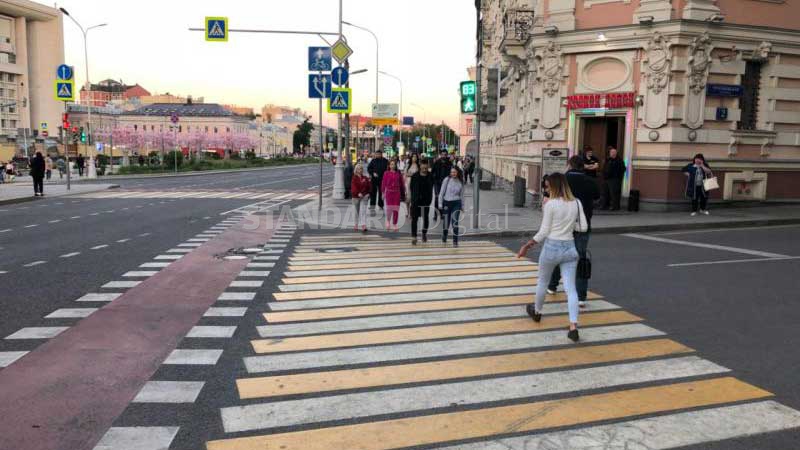×
The Standard e-Paper
Stay Informed, Even Offline

Nairobi Governor Mike Sonko has been under siege over the sorry state of Nairobi. This reporter was in Russia from May 12 to 19 for an atomic energy conference in Sochi. After the conference, he had a tour of Moscow and learnt a few lessons that Nairobi County and city residents can borrow.
Love of nature